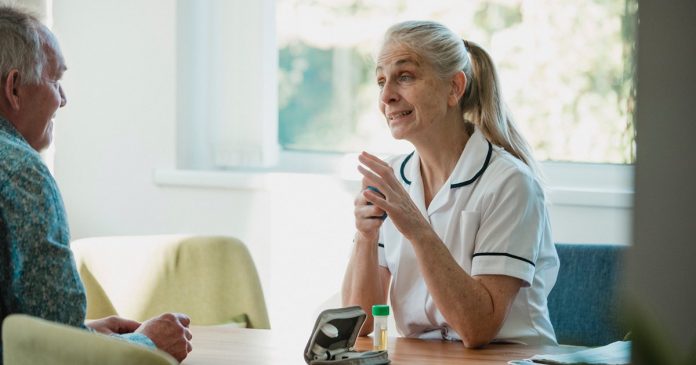Hypoglycemia unawareness is a condition in which you might not recognize the signs of low blood sugar. It is caused by having many episodes of hypoglycemia over a long period of time. This means that your first signs of low blood sugar don’t show up until the situation is already dangerous. You could lapse into the deep confusion, disorientation, seizures or unconsciousness that accompanies extremely low blood sugar. Hypoglycemia unawareness is most commonly seen in those with type 1 diabetes, who have lived with the disease for much of their life, or those with a long history of type 2 diabetes. But this doesn’t mean that everyone suffering from this condition has diabetes.
To understand hypoglycemia, you have to first understand that the signs and symptoms of this condition can happen very quickly and isn’t something one should wait to see if it’ll improve on it’s own and can even happen while one is asleep, called nocturnal hypoglycemia. Each person’s reaction to hypoglycemia is different, so it’s important that you learn your own signs and symptoms when your blood glucose is low. According to the American diabetes association, the main signs of having low blood pressure are, but certainly are not limited to; shakiness, dizziness, sweating or feeling like one is having a hot flash, trouble sleeping, headaches, extreme hunger, rapid heart beat.
Low blood pressure that goes untreated can lead to seizures, coma, and even in severe cases, even death. Which is why it’s important to go see your health care provider if you feel weird, different, or if you think you might be suffering from this condition. Treating hypoglycemia, as scary as it might sound, isn’t very hard at all. And some treatments can or will include a glucagon injection (if needed), or a planned out meal plan that consists of eating 15-20 grams of glucose or simple carbohydrates.
15 grams of simple carbohydrates commonly used: 2 tablespoons of raisins, 1 tablespoon sugar, honey, or corn syrup, 4 ounces (1/2 cup) of juice or regular soda (not diet), and hard candies, jellybeans, or gumdrops (see package to determine how many to consume), to name a few. Also monitoring your sugar levels will also be needed in order to combat an episode before it gets out of hand. And for those suffering from severe hypoglycemia, letting those know around you what to do in case of an emergency is a great and wise thing to do. It’s nothing to do scared of, but something to be well prepared for and aware of.








